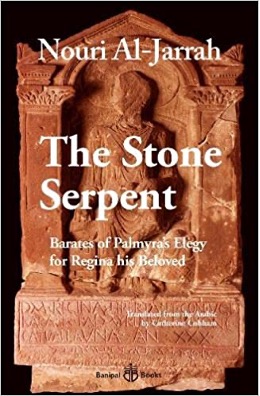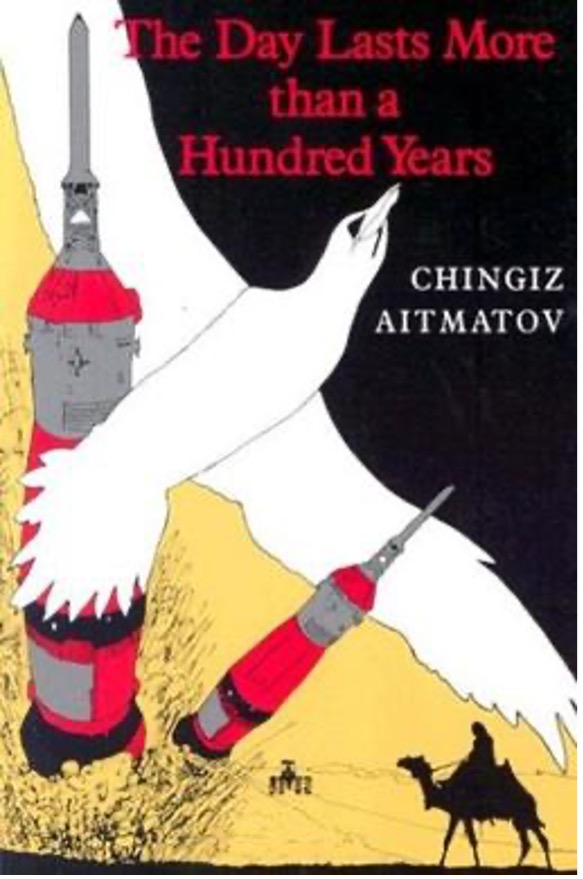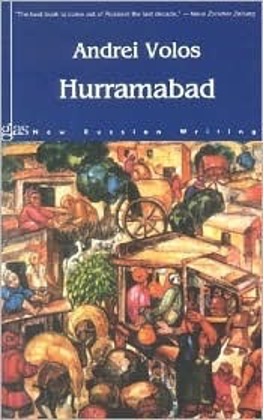MECACS Reads Issue #1
Collated by MECACS Intern Vittoria Gattini
MECACS reads is a monthly blog post and newsletter devoted to literature on the Middle East, Caucasus and Central Asia regions. Through this initiative, we would like to offer stimulating suggested reading that is not necessarily academic in nature but may pertain to elements of politics and culture.
We aim to offer two recommendations for each region in every issue.
Middle East
My House in Damascus: An Inside View of the Syrian Crisis by Diana Darke
How did Syria’s revolution lose its way? Drawing on the author’s first-hand knowledge of the country’s complex religious and ethnic communities, this book illuminates the darker recesses of Syria’s history, politics, and society. With the unique perspective of an Arabic-speaking British woman, Diana Darke became deeply embedded in all levels of Syrian society when she bought and restored a house in a mixed Sunni/Shi’a neighbourhood of the walled Old City of Damascus. In September 2012, as fighting intensified and millions were forced to flee their homes, she offered her house as a sanctuary to friends. By following her experiences and struggles with the realities of life on the ground inside Syria, the reader will arrive at a clearer understanding of why the country remains locked in conflict and why most ordinary Syrians are caught between a repressive government and a splintering opposition.

Stone Serpent: Barates of Palmyra’s Elegy for Regina his Beloved by Nouri al-Jarrah and translated by Catherine Cobham
Syrian poet Nouri al-Jarrah brings to life a story that can never again be lost in time after a single line in Aramaic on a tombstone fired his imagination. This inspiring epic poem awakens two extraordinary lovers, Barates, a Syrian from Palmyra, and Regina, the Celtic slave he freed and married, from where they have lain at rest beside Hadrian’s Wall for eighteen centuries, and tells their unique story. Barates’ elegy to his beloved wife, who died young at 30, is, however, not about mythologising history. With the poet himself an exile in Britain for 40 years from his birthplace of Damascus, the poem forges new connections with today, linking al-Jarrah’s personal journey with that of his ancient forebear Barates, who resisted slavery with love.

Central Asia
The Day Lasts More Than a Hundred Years by Chinghiz Aitmatov (1980)
The novel takes place over the course of a day, which encompasses the railman Burranyi Yedigei’s endeavor to bury his late friend Kazangap in the cemetery Ana-Beiit (“Mother’s Grave”). Throughout the trek, Yedigei recounts his personal history of living in the Sary-Ozek steppes along with pieces of Kyrgyz folklore. The author explains the term “Saryozeks” as “Middle Lands of Yellow Steppes”. Sary-Ozek (or Russified form “Sarozek”, used interchangeably in the novel) is also the name of a (fictional) cosmodrome.

Hurramabad by Andrey Volos (2000)
The 1998 winner of the Anti-Booker Prize, Hurramabad describes the bloody national strife and the eviction of Russians from Tajikistan following the collapse of the Soviet Union. The title is the name of a mythical city of joy and happiness where there is always plenty of fresh water and shade. When civil war erupts in the country, many Russians are reluctant to leave their home. But normal life gradually vanishes, replaced by atrocity and death.
